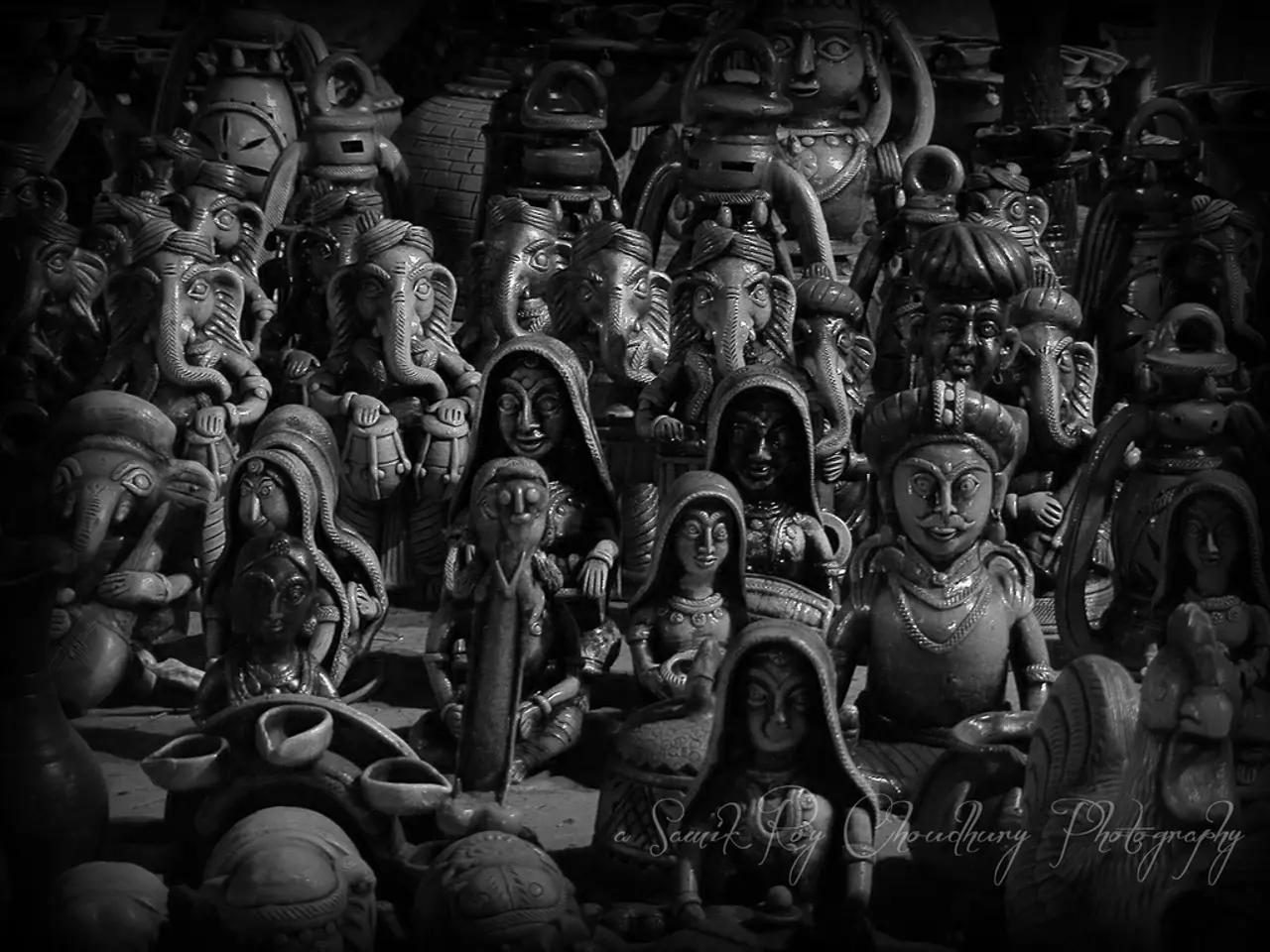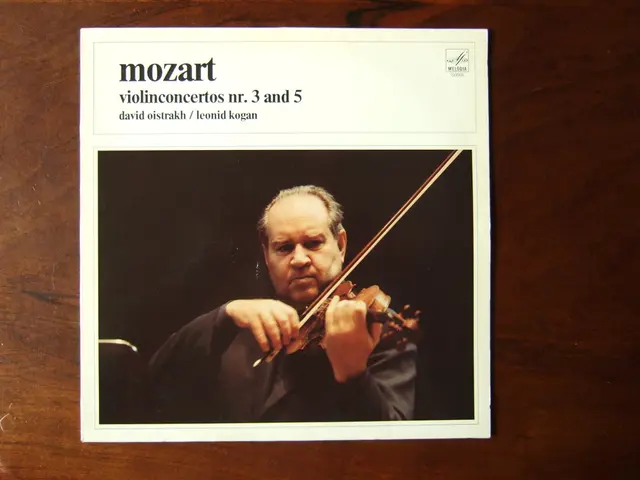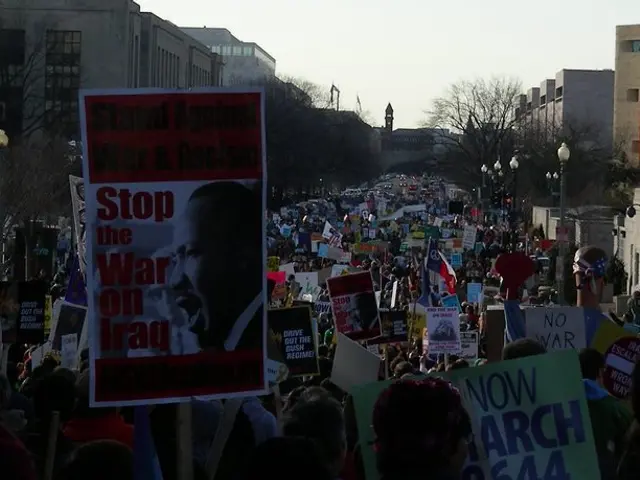Army aligns unexpectedly with Nepal's youthful demonstrators
In the heart of Nepal's capital, Kathmandu, the Nepali army has stepped into a role it was never intended to fill, following two days of violent protests that left the city's power structures in ruins. Retired Indian General Ashok K Mehta suggests that the army's great mistake was failing to act sooner, which could have prevented loss of lives and billions of US dollars worth of destruction.
The Nepali army, a force that has become indispensable members of United Nations peacekeeping missions in various regions, doubled in size during Nepal's civil war. This expansion, according to Mehta, forced the Maoists to the negotiating table in 2005, leading to an end to the conflict.
At 10pm on Tuesday, the Nepali army took control, as the protesters torched parliament, the Supreme Court, and the homes of five former prime ministers. On Tuesday night, Gen Ashok Raj Sigdel, the chief of the Nepali army, urged calm in the streets.
The army's leadership is committed to remaining under the civil authorities, but the current situation presents a unique challenge. Gen Sigdel finds himself at the pinnacle of political power for the first time in Nepal's history, a role that some, including Mehta, describe him as being ill-equipped to handle. Mehta notes that Gen Sigdel's reserved personality and lack of effective communication skills may hinder his ability to navigate this crisis.
However, the political and social sectors propose a solution. They have put forward former Chief Justice Sushila Karki as a candidate for interim prime minister. The protest leaders have also requested talks with Gen Sigdel, expressing their desire for Karki to lead an interim government.
The Nepali army, over 500 years old, has a reputation for courage, earning them recruitment as a whole unit, called the Gurkhas, into British colonial armies. Today, the United Kingdom and India maintain esteemed Gurkha units, manned by native-born Nepalis.
As the Nepali army works to restore order, its transformation from a feudal past to a modern defender of democracy continues. Mehta believes that while the army has made strides, its feudal history has not fully prepared it for this role.
In the wake of the violence, the Nepali army's personnel are checking civilians' credentials in Kathmandu, ensuring the safety and security of the city's residents. The hope is that, through dialogue and negotiation, a peaceful resolution can be found, and Nepal can begin the process of rebuilding and healing.
Read also:
- United States tariffs pose a threat to India, necessitating the recruitment of adept negotiators or strategists, similar to those who had influenced Trump's decisions.
- Weekly happenings in the German Federal Parliament (Bundestag)
- Southwest region's most popular posts, accompanied by an inquiry:
- Discussion between Putin and Trump in Alaska could potentially overshadow Ukraine's concerns







